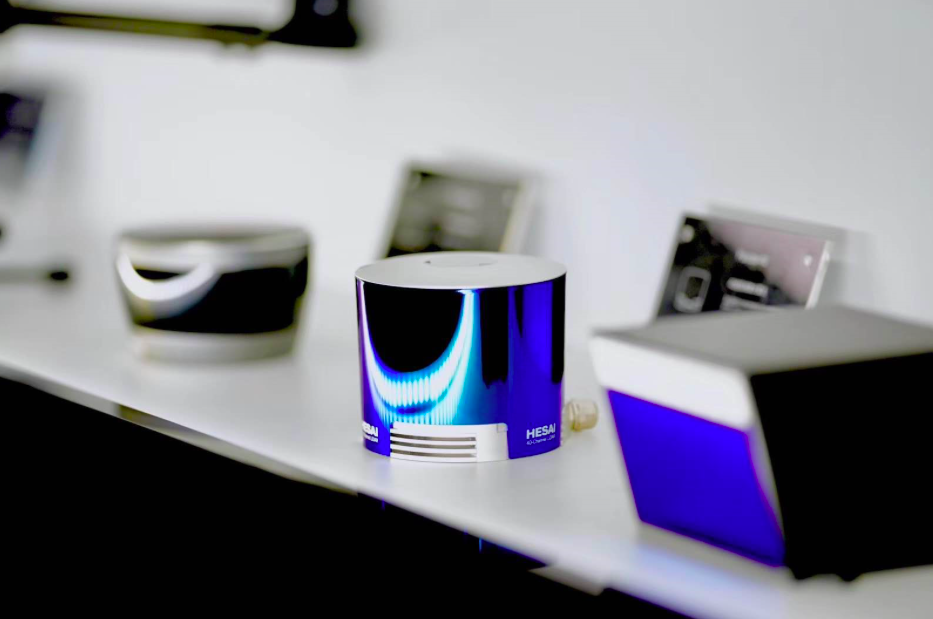
Hesai Technology’s LIDAR sensors. | Credit: Hesai Technology
While LiDAR manufacturers are busy pumping out new sensors at CES 2020, a leading Chinese LiDAR maker closed one of largest financing rounds ever in the sector.
Shanghai-based Hesai Technology raised a Series C round of $173 million. The round was co-led by the German Bosch Group and Lightspeed Venture, Qiming Venture Partners, ON Semiconductor, DT Capital Partners, Axiom Singapore and others investors.
Prior to the Series C, Hesai raised over $150 million from Baidu China and ZhenFund since 2015. The company was established in 2013 in Silicon Valley, but it re-located to China in 2014.
Hesai’s core products target autonomous vehicle developers. The PandarGT is solid-state LiDAR, while the company’s other four models are mechanical LiDARs. Hesai also makes the Pandora all-in-one sensor kit that integrates cameras, LiDAR and data processing ability (from Baidu Apollo) into the same module for autonomous vehicle developers.
One its website, Hesai touts various customers, including Bosch, Lyft, Navy, Nuro, TuSimple and more. According to DealStreet Asia, more than 50 percent of the 65 companies certified to test autonomous vehicles in California are Hesai customers.
In August 2019, Velodyne filed patent infringement lawsuits against Hesai and Suteng (also known as RoboSense). At the time of the lawsuit, Velodyne alleged the Chinese companies inspected and performed a tear-down of Velodyne’s products. Velodyne alleged this “threatened Velodyne and its business.”
LiDAR is an active detection method that calculates the distance of obstacles by measuring the time between laser emission and reception. In contrast, cameras are passive detection systems that receive ambient light as the signal.
Most companies working on autonomous vehicles think LiDAR is an essential part of the sensor suite. But not Tesla. Its vehicles don’t have LiDAR and rely on radar, GPS, maps and other cameras and sensors. Tesla CEO Elon Musk recently said, “LiDAR is a fool’s errand. Anyone relying on LiDAR is doomed. Doomed! [They are] expensive sensors that are unnecessary. It’s like having a whole bunch of expensive appendices. Like, one appendix is bad, well now you have a whole bunch of them, it’s ridiculous, you’ll see.”
Here is a look at noteworthy funding rounds raised by LiDAR manufacturers in 2019:
| Company | Amount | Round | Date | Coverage |
|---|---|---|---|---|
| Innoviz | $170M | Series C | 3/19 | Story |
| Luminar | $100M | Venture | 7/19 | Story |
| Ouster | $60M | Convertible Note/Debt Financing | 3/19 | Story |
| Velodyne | $50M | Corporate | 10/19 | Story |
MarketsandMarkets estimates the global LiDAR market will jump to $2 billion while the markets for the ADAS and driverless cars application are expected to exhibit high growth. China remains one of the largest LiDAR markets with manufacturers such as RoboSense, SureStar, LeiShen Intelligent System, BeneWake, and Hesai.
Later this week, The Robot Report will compile and compare the new LiDAR sensors that were introduced at CES 2020. Stay tuned.
Editor’s Note: This article was first published on our sister website Robotics Business Review.
